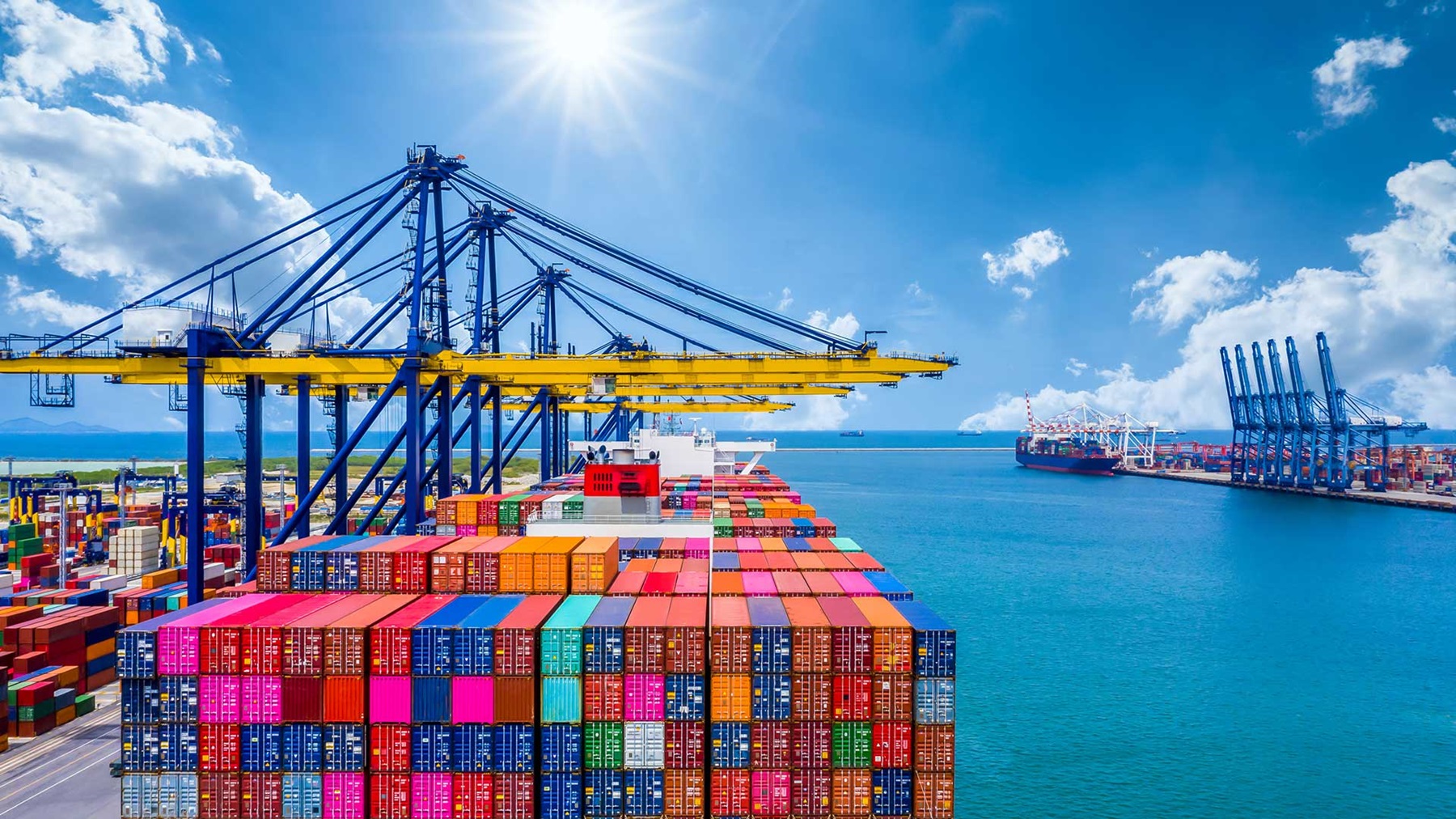China’s role as the world’s manufacturer is changing thanks to political, ethical, and logistical pressure. The founder of China-based manufacturer Velong Enterprises explains that his customers are calling for a dual supply chain – and also how he is helping other Chinese manufacturers to diversify.

For Jacob Rothman, President and CEO of Velong Enterprises, a China-based manufacturer of kitchen and household products for export, the only way to navigate the worrying and deteriorating environment for manufacturers in the country making wares for the global market is to be proactive. “You can either sit here and wait for orders and customers to erode or you can prepare to move manufacturing to different spots around the world,” says Rothman, an American who set the company up 20 years ago, speaking to Treasury Today from Velong’s Shanghai headquarters. “America’s left and right are concerned about China, and China is saying it wants to focus on the domestic economy and is going after its top companies in an ideological shift that is worrying for business people,” he says.
For Velong’s customers, which comprise renowned global retailers and brands, the current situation is a bad dream. But reality is also beginning to dawn. Velong has already set up new operations in Cambodia and India to run alongside its six Chinese factories and Rothman is now scouting new sites in Turkey and Mexico. Customer requests that the company increases safeguards and contingency in a hybrid supply chain based on production in China alongside other locations around the world are growing increasingly urgent. “Almost all our customers want to hear that we are opening other factories outside China. This seems to be the winning formula.”
Only India has a similar size population and potential labour force to be the world’s new manufacturer, says Rothman. “Demographics are the most important thing in manufacturing.” But he says every new market has challenges compared to China. “The world seems to want Chinese equipment, Chinese engineering, product development, know-how and customer relations, but picking up Chinese operations and dropping them into a new location for the same price is challenging.”
Manufacturers’ ability to source product components outside China is a particular challenge. Mexico doesn’t produce the right steel for Velong’s range of grilling and kitchen tools, timers, and thermometers, for example. At Velong’s Cambodian factory, most parts are imported from China anyway, and if tensions in the region rise, shipping out of Cambodia will be challenging.
Strategy at Velong is increasingly shaped around helping others. Large, state-owned Chinese companies have already diversified manufacturing across ASEAN in China-plus one strategies, visible in the spike in ASEAN exports. However, uprooting and moving production is a Herculean task for the average Chinese manufacturer. Yet these companies make most of the goods stacked on the shelves in western stores. Rothman, unlike his manufacturing peers, many of whom don’t speak English and are struggling to renew passports or apply for visas, is able to scout new facilities, figure out logistics and test pricing and the availability of raw materials and labour. It’s why he’s exploring new manufacturing sites in Mexico and elsewhere, not only for Velong, but for other Chinese manufacturers across an array of sectors.